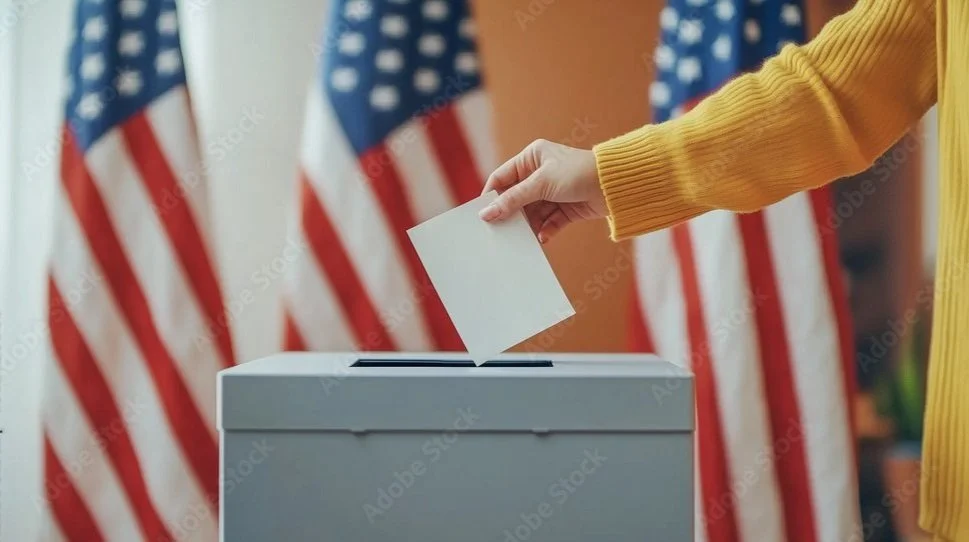
The Youth Voting Rights Hub
Working To Give All Young People a Voice
Minor Power is dedicated to advancing youth voting rights and empowering those under 18 to have a meaningful say in our democracy. We believe that age should not be a barrier to civic inclusion and that enfranchising youth will lead to a more vibrant, equitable, and forward-thinking society.
The Minor Power mission is to:
1. Educate the public about the importance and benefits of youth enfranchisement
2. Advocate for legal and policy changes to lower or eliminate voting age restrictions
3. Empower young people to become active participants in the democratic process
4. Foster intergenerational dialogue and collaboration on civic issues
5. Support research and initiatives that promote youth political engagement
Through education, advocacy, and community building, we aim to create a future where every citizen, regardless of age, has the power to shape the decisions that affect their lives and our shared future.

Why We Should Enfranchise Youth
-
Young people are directly affected by political decisions but currently have no say in them. From education policy to climate change, the choices made today will impact youth the longest.
-
America's legacy is one of expanding voting rights to create a more perfect union. The fundamental notion of "one person, one vote" cannot be realized while we continue to deny basic political rights to 73 million Americans under the age of 18.
-
Democracy works best when those affected by decisions have a voice in making them. From school safety to social media regulation, youth bring valuable perspectives that can help create better solutions for everyone.
Frequently Asked Questions Video Series
The Way Forward
There are multiple approaches to expanding youth voting rights, including:
· Lowering the Voting Age: Reducing the minimum voting age to 16, 14, or another specified age.
· Ageless Voting with Parental Proxy: Eliminating the voting age, with parents or guardians exercising proxy votes until minors choose to vote independently.
· Parental Proxy Voting: Granting parents or guardians the right to vote on behalf of their minor children.
· Young Adult Proxy Voting: Charging young adults as a group with casting extra votes for local children as a group.
· Weighted Voting: Providing partial voting power to younger teens that increases gradually to full rights.
· Issue-Specific Voting: Allowing youth to vote on certain matters, such as school board elections.
· Election-Specific Voting: Permitting youth to vote in certain elections (e.g., local elections) while maintaining existing age restrictions in others (e.g., state and federal elections).
· Competency-Based Voting: Determining voting eligibility based on criteria other than age (e.g., civic knowledge).
Minor Power believes that the best solution is ageless voting, with parents or legal guardians exercising a proxy until the minor asserts the right to act independently by registering to vote. However, we support other pathways that do not foreclose achieving this ultimate goal or disenfranchise existing voters. We recognize that different approaches may be more feasible or appropriate in various contexts, and that transformational change will require a broad coalition working on multiple fronts. We encourage robust debate about how to expand youth political representation and welcome individuals and groups who bring different perspectives to the shared goal of extending voting rights to minors.
For more detailed explanations of each approach, please click on the "Learn more" link below or visit our comprehensive overview in the Learn section.


